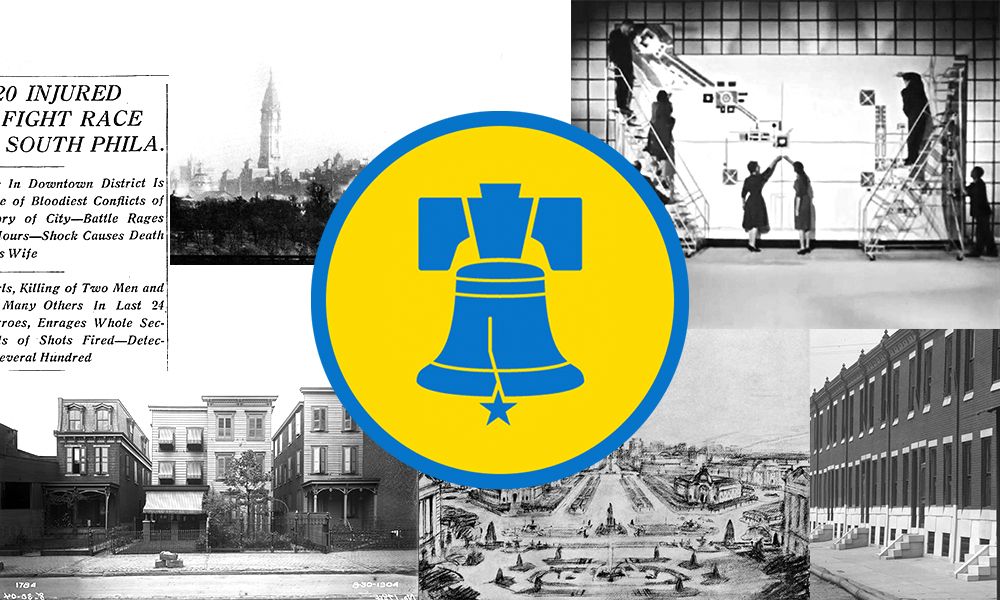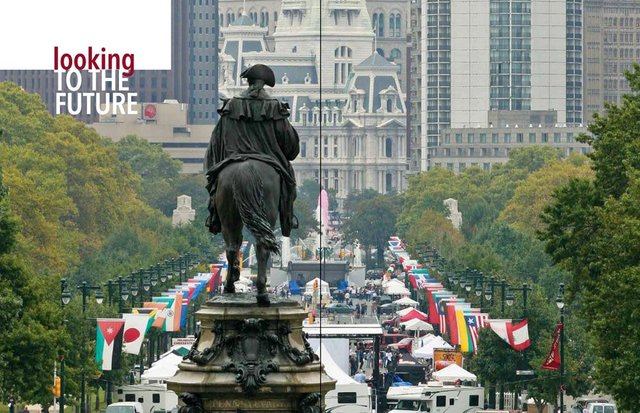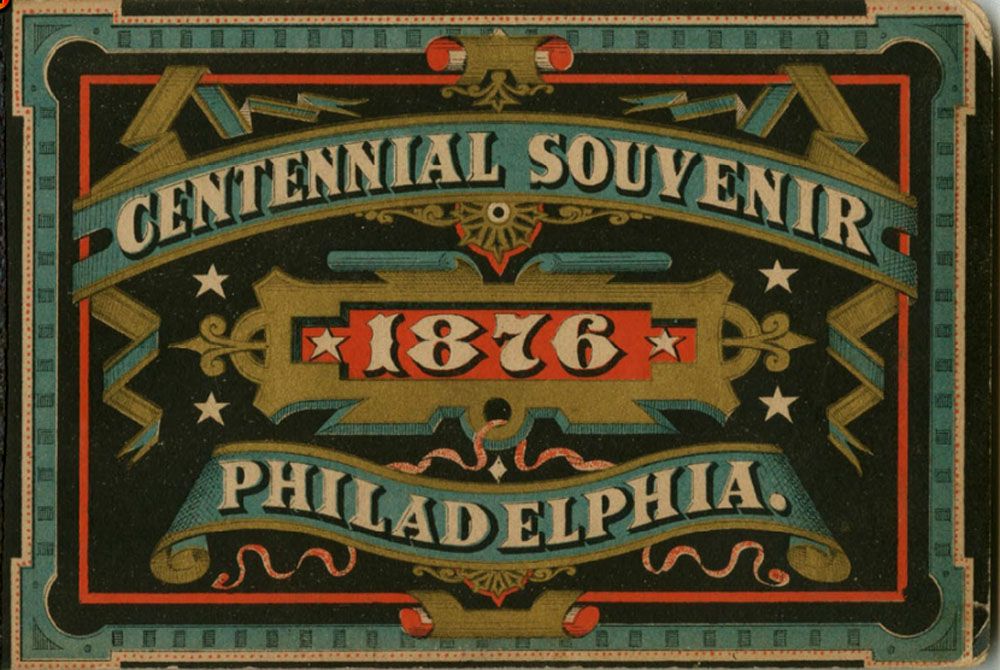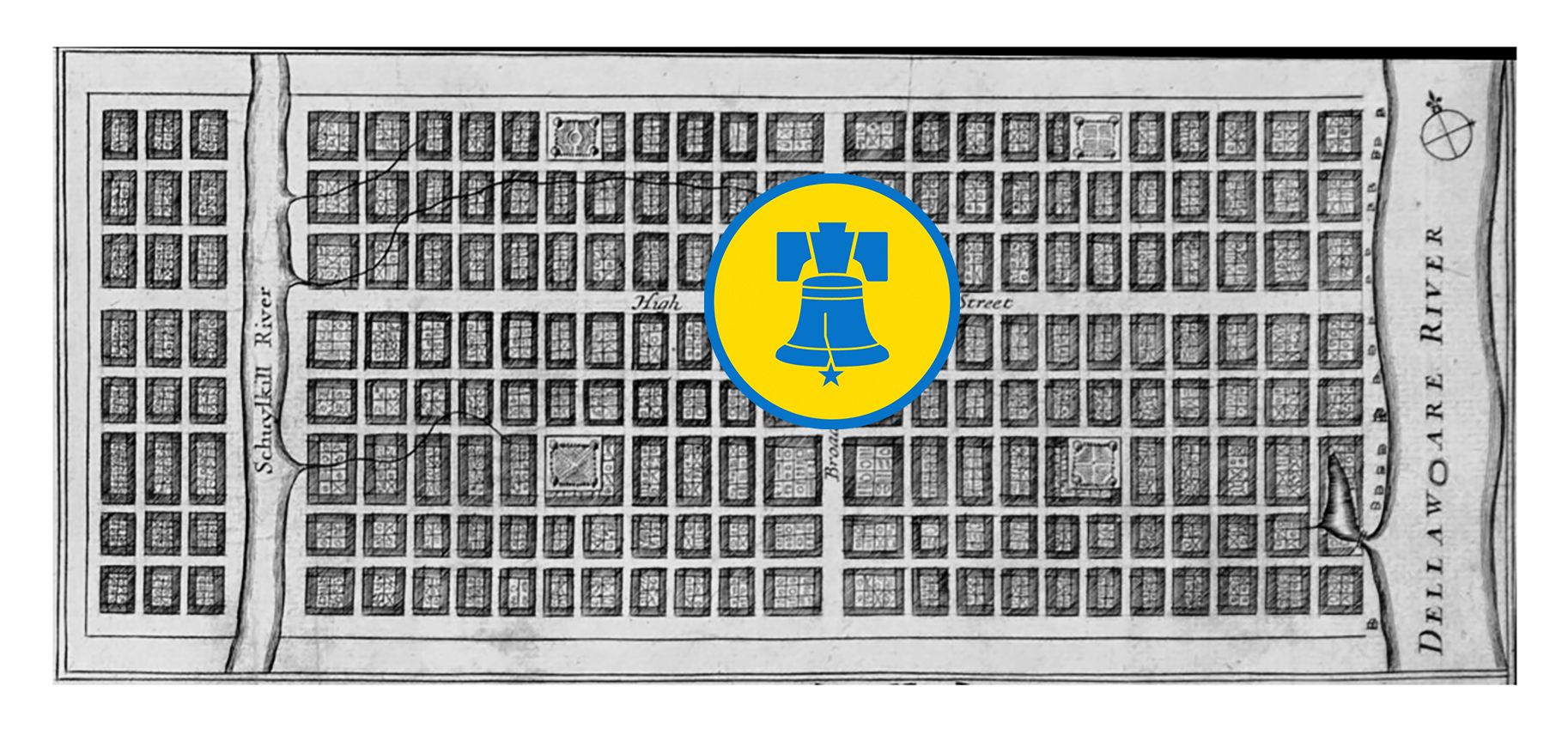Before the Steemit Revolution: Understanding How History Organizations Stay Afloat

Proof of High Stakes in Philadelphia
We promised you this: The stakes of history are high in Philadelphia. And indeed they are. So, for those looking at careers in public history, I developed a course that may sound pretty dry: “NONPROFIT MANAGEMENT FOR HISTORIANS.”
Last offered in the Spring of 2016 (before Steemit.com's launch on July 4th of that year) this course served as an introduction to the non-profit organizational ecosystem. You know, those spaces carved out by society where history and the civic life cohabitate.
You see, emerging practitioners of public history need to understand the complex issues and challenges that they’ll face on a daily basis in jobs at museums, historic houses and archives. Individuals who plan careers in this sector will learn, through case studies and Philadelphia-based site visits, to consider the meaning and practical significance of serving the “Public Trust” in mission-driven organizations.
Students grow versed in operational standards and practices in such areas as governance, board leadership, strategic planning, philanthropy, collection access and management, programming, interpretation and disaster preparedness.

The class of under a dozen graduate students explore the upside and the downside of trends, including collaboration and mergers. Students complete the course prepared to enter a work world where survival is defined by one’s adaptability as much as knowledge and experience.
This coming semester, we’ll also be delving into innovation in a big way: exploring what the blockchain can do for the culture sector (and visa-versa). Week to week, we cover several topics to ground the above in real examples. And for each, there are lectures and discussions powered by relevant readings. Here’s just a sampling of some topics and that lie ahead:
Cultivating the Challenging Collector
Museums, libraries and archives thrive not only on what they’ve curated for the ages, but growth – new acquisitions. Collecting institutions, to quote Woody Allen (from the 1977 film Annie Hall) are like relationships. And a relationship “…is like a shark. … It has to constantly move forward or it dies.”
When it comes to historical collections, only natural history museums want dead sharks. (And then, not even all dead sharks… after all, they are museums.) And so all institutions thrive on active collecting, year after year.

Collecting on a Budget
That said, acquisition budgets are never up to the task. So what’s a curator to do? Cultivate a dedicated collector, of course. Luckily, in Philadelphia we have an institution, the Library Company of Philadelphia, that’s been collecting actively for 286 years. In relatively recent times they acquired a collection assembled by Michael Zinman, whose profile by Mark Singer in The New Yorker (February 5, 2001) is titled: “The Book Eater: Michael Zinman, obsessive bibliophile, and the critical mess theory of collecting.” Students and followers of History 5151 will read that as well as “Building a Library by Collecting Collections.” by librarian James Green.
Our sampling of some topics and readings continues with…
Challenges to the Cultural Ecosystem
One of the first things to always remember when we talk about a regional, or even a national, cultural community is that we’re exploring a network of ecosystems. Trends that impact one, impact all. Museum attendance is down? Costs or marketing go up? Corporate giving all but evaporated? Staff turnover an issue? Join the club. The biggest elephant in the room, of course, is the bottom line. And so, among other reports and studies, we will read:
Getting Beyond Breakeven: A Review of Capitalization Needs and Challenges of Philadelphia-Area Arts and Culture Organizations. Commissioned by The Pew Charitable Trusts and the William Penn Foundation. (TDC, 2009).
And we’ll cover other issues including:
- Defining and Developing Institutional Capacity
- Strategic Plans and Managing Change
- Sustainability and a Culture System
- Defining Digital Strategy
- The Deaccession Challenge
- And the Collaboration and Merger Question

- Source: Philadelphia’s Cultural Nonprofits: CultureBlocks.com
Weaving Steemit into the Equation
To all of this - and more - we’ll introduce the Steemit challenge. What role can this still emerging platform play in addressing the needs of the culture sector? More than most regions, the Philadelphia area has hundreds of cultural organizations - nonprofit organizations that tend to be content rich and relatively cash poor.

- Source: The Library of Congress.
and with the Steemit community - perhaps to prove.
And so, in partnership with @sndbox, this Steemit account will be a place to explore history, empower education and endow meaning. As a platform for graduate students and Steemit readers, Temple University’s “Nonprofit Management for Historians” will be a variation on the founding theme: a crypto-experiment. Stay tuned for more pre-semester posts here from Professor Kenneth Finkel, @kenfinkel in Temple University’s College of Liberal Arts.

Curious to see how Steemit / Steem can become a financially empowering resource for archivists, but also how blockchain could serve as a 21st century backbone for professional "collectors"...
If by logging artifacts onto a transparent ledger, it might be easier for collections to assemble a narrative and discover missing pieces held (in unintended secrecy) between one institution to the next.
An open-source ledger would be a hell of a lot better than idiosyncratic finding aids, which are put together with the typesetting/design quirks of the archivist at the fore, preventing a universal form. there are conventions, of course, but omg the idea of solving research tailoring to each archive/copyright issues with blockchain....that would be swell.
Maybe this idea can be tested and demonstrated outside of the realm of established (and more cautious) institutions and then presented to them as an attractive solution? I wonder what it would look like as a platform to catalogue images and artifacts. Absolutely true that there's a problem with "unintended secrecy" that becomes something like unintended ignorance.
Wow, la excelencia vive en este tipo de post llenos de historia.

Thank you @elinderzambrano! Stay tuned for more over the next many months.
It's going to be really interesting to continue following this educational series so Keep up the great work.
This post has been deemed resteem & upvote worthy by your friendly @eastcoaststeem ran by @chelsea88 (not a bot)